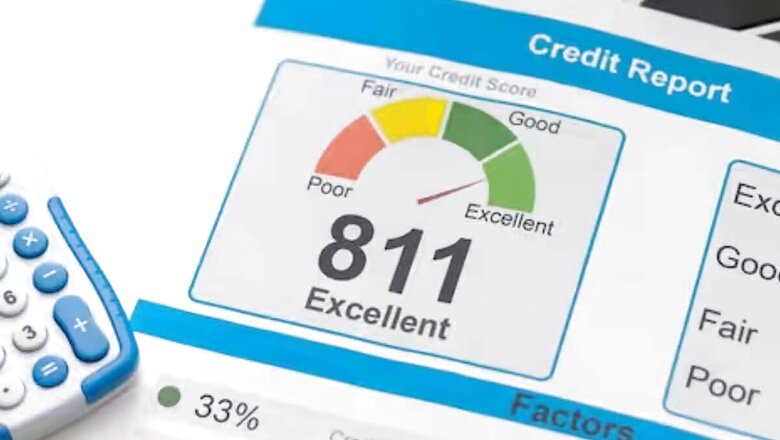
views
Even if you do not owe money on your credit card, fraud or identity theft can cause difficulties for both you and the bank. The lender’s policy safeguards you from having to pay for fraudulent charges provided you report it within specified days.
However, addressing fraud might be difficult. You must become aware of the theft, notify the bank, obtain a replacement card, pay a fine, and make updates to all of your automated payments.
Also Read: How To Improve Your Credit Score? Know Best Range & Bust All Myths Here
As long as personal information is recorded and sent online, criminals will attempt to steal identities to register new credit accounts.
However, there are things you can do now to guard against falling victim to credit theft.
To start with, be sure to get your credit score from legitimate means only, such as reputable credit agencies like Experian, Equifax and CIBIL. These organisations offer authentic and precise credit reports.
Never give out your internet banking passwords, credit card PINs, or mobile app credentials to strangers via email or to friends and family.
Be wary of unsolicited credit score check offers, especially those sent via phone, email, or text message. These techniques are frequently used by fraudsters to deceive unsuspecting targets.
Steer clear of businesses that assure you of particular outcomes or offer to raise your credit score right away. While they can help, legitimate credit repair companies are unable to give promises for credit improvement.
It’s critical to often review your credit report to look for any inaccuracies or unauthorised activities. Every year, you are entitled to a copy of your credit report for free from each of the primary credit bureaus.
Watch out for internet fraudsters who send random emails demanding money in taxes or other expenses to get inheritances, prizes, or foreign assets. You should never pay beforehand for any of these frauds. Not only might your money be lost, but subsequent fraud could obtain your credit card information as well.
Watch out for skimming, a technique where a criminal utilises information from a legal credit card transaction at a point of sale (PoS) device to create a fake card. This enables the criminal to make transactions online without using a real card. Always keep your card visible while giving it to someone, especially at eateries or gas stations to protect yourself. EVM chip cards can lessen skimming, but it’s crucial to let staff members know if you see anything strange about the PoS device or card slot.
All credit card issuers allow you to establish payment limitations for ATM withdrawals, online/e-commerce purchases, PoS transactions, and contactless payments. These limitations are initially set to the card’s maximum value. It’s best to change these parameters to the lowest amount required for regular transactions. You may simply modify these limitations at any moment using the mobile application.




















Comments
0 comment